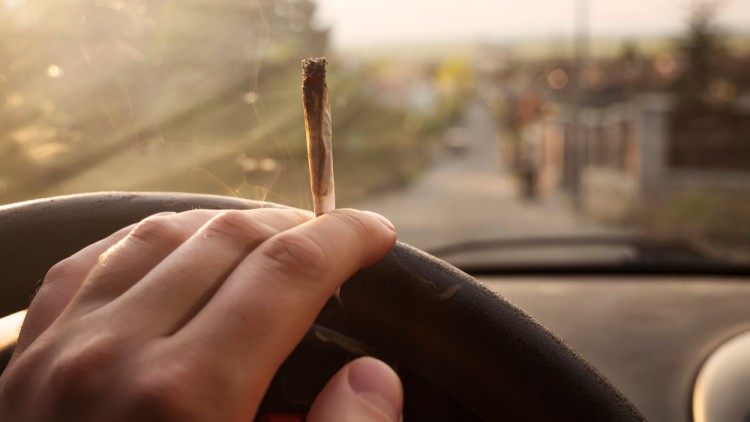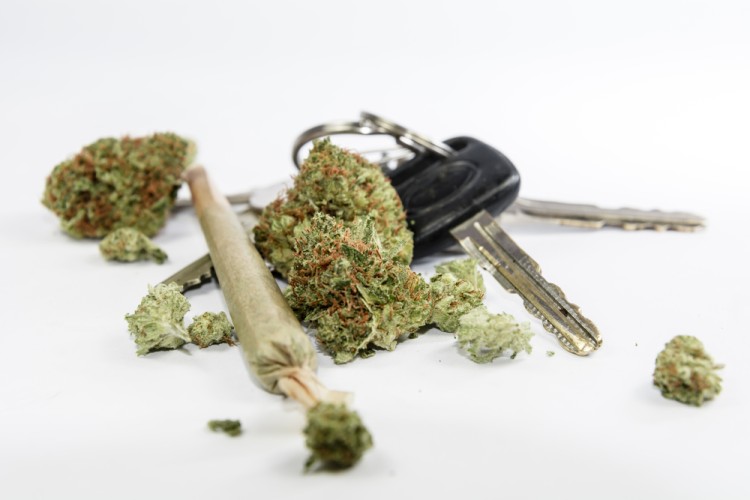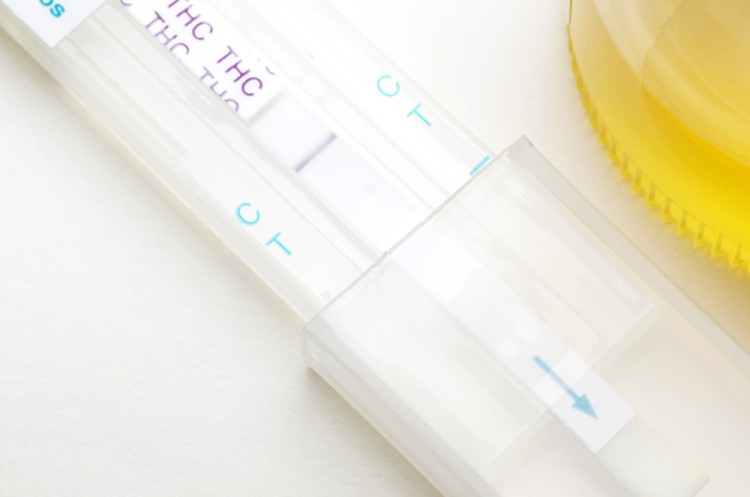
The legal landscape of medicinal cannabis can be confusing and stressful, especially if you need it due to medical conditions.
Although the green light has gone forward in Victoria to assess medical cannabis drivers, it is illegal in Victoria to drive any motor vehicle with detectable levels of the THC substance found in cannabis in your blood due to concerns about driving performance.
This article will outline what medical cannabis is, types of drug driving offences, the legal status of medical marijuana in Victoria, penalties, and why it is so important to speak to a reputable, reliable drug offence lawyer in Melbourne.
In Australia, medical cannabis is a range of quality-assured pharmaceutical cannabis preparations intended for therapeutic use. Over 100,000 medical cannabis prescriptions have been given between 2018 and July 2023.
As a medicine from the cannabis plant, medical cannabis can relieve the symptoms of some medical conditions. According to Health Direct, the ingredients in the cannabis plant contain 80 to 100 cannabinoids, including delta-9-tetrahydrocannabinol (THC) and cannabidiol (CBD). THC can alter a state of mind, whereas CBD has zero intoxicating effects.
There are over 100 different medical cannabis products available, including pills, oils, gummies, and dried flowers. How is it strictly regulated in Victoria?
According to the Department of Health, growing your own cannabis or smoking illicit cannabis is illegal in Victoria. Medical cannabis can be legally accessed by your doctor. However, only patients with a clinically-appropriate medical condition can access medical cannabis products.
In terms of driving, there is little evidence available about the recommended period between consuming THC and driving. Patients should not drive or perform hazardous tasks such as operating heavy machinery.
It is a criminal offence in Victoria to drive with THC present in your blood, saliva, hair, or urine. Patients should always discuss safe and legal driving with their prescriber.
The TGA (Therapeutic Goods Administration) has a list of unapproved medicinal cannabis products on their websites, organised by category and active ingredients, such as low THC or low CBD. This list can be used to identify an appropriate product.
With an expert approach to your case, our drug offence lawyers service Fairfield, Windsor, Sunshine, Croydon, and Melbourne.

According to VicRoads, it is an offence for anyone to drive with any amount of THC in their system, including THC from medical cannabis. Penalties can include a mandatory licence suspension and monetary fines, but what does this entail?
On some occasions, drivers undergo a drug assessment test on the road. According to Section 55A (1) of the Road Safety Act, this must be videotaped, and a copy of the recording must be given to the driver, as stated in Section 55A (7).
If the police believe the person is under the influence of cannabis (such as the test being consistent with drug-related behaviour), the driver may be required to provide a blood, urine, or saliva sample to be approved by health professionals (s 55B(1)).
Victoria Police will test for THC with randomised roadside drug testing around Victoria. This requires the driver to provide a small sample of saliva to be tested. If positive for THC, this will be sent to a laboratory for confirmation. Confirmed positive tests result in a drug driving charge.
On the flip side, patients taking cannabidiol-only medications can lawfully drive as long as they are not impaired. Many medical cannabis products do not contain THC.
What drug impairment offences are in the Road Safety Act?
Driving while drug-impaired, as outlined in Section 49 (1)(ba). Drivers can defend this charge by establishing that the drug in their system was a prescription drug or a permissible non-prescribed drug. However, there is zero tolerance for medical cannabis or THC in your system.
Driving while having a higher than prescribed concentration of drugs in their blood, according to Section 49 (1)(bb). Unlike drunk driving offences, the amount is zero for all drivers, including medical cannabis, when taken as THC instead of CBD.
Refusing to undergo a drug impairment assessment under Section 55A (s 49(1)(ca) or refusing to comply with a requirement under Section 55B to provide a urine or blood sample after a drug-impaired assessment.
Providing a sample of fluid or blood within 3 hours of driving that contains a prescribed illicit drug (such as cannabis) in accordance to Section 49 (1)(h)).
Refusing to provide a preliminary oral fluid sample for testing and analysis, as stated in Section 49(1)(eb).
In the case of drug driving, drug driving offences only require the drug to be present. Additionally, if a roadside test is positive, it will be followed up with a second, more thorough test.
If you have been convicted of driving with cannabis in your blood–and this includes legally prescribed cannabis with THC–your licence would be disqualified for at least six months for the first offence and 12 months for the second and subsequent.
If you have been convicted while drug-impaired, your licence would be disqualified for at least 12 months (for a first offence) or two years (for second or subsequent offences). You may also need to pay a fine or serve a jail term.
Much like drink driving offences, prior convictions for drug driving offences that occurred more than ten years earlier don’t automatically imply a current offence as a subsequent offence.
Have you been accused of a drug offence? As criminal lawyers serving Windsor, Dandenong, Ringwood, Sunshine, Moorabbin, and across Melbourne, our legal experts in criminal law support you during your time of need.
As THC is a psychoactive substance, it can impair cognitive and motor function, increasing the risk of a motor vehicle crash. THC can affect the ability to predict hazards on the road and slow your reaction time, so you can’t respond quickly to traffic changes. These effects are exaggerated when combined with alcohol or other prescription medication.
Medical cannabis comes in different cannabinoid formulations, so the amount of THC is different for each product.
It is an offence to not stop at a random drug testing station, provide a saliva or blood sample, cooperate with police carrying out the test, or cooperate to take part in a drug impairment assessment.
Here is a quick overview of driving offences as outlined by Victorian legislation. For more accurate information, speak to a criminal lawyer.
The Criminal Procedure Act 2009 (Vic) outlines provisions relating to driving offences.

Have you been caught impaired by THC on the road? A driver who commits any offence can be dealt with by an infringement notice, licence or permit suspension, deduction of demerit points, or court action. In the case of medical cannabis, what are the procedures?
VicRoads licence and permit powers. VicRoads records points from 1 to 10 against driver’s licence for driving offences using the demerit points system. Section 3 of the Driver’s Regulations lists the number of points accrued. Full licence holders, probationary drivers and learner permit drivers who gain 12 or more demerit points in 3 years can have their licence suspended for three months.
Court powers to cancel or suspend driver’s licences and permits. For serious offences such as driving while impaired with THC, a driver can be issued with a Summons, a Notice to Appear, or they can be arrested. Courts can cancel licences for certain Crimes Act 1958 (Vic) offences as stated in Sections 89 and 89A of the Sentencing Act 1991 (Vic).
Have you driven a motor vehicle without realising your CBD product had THC? You don’t need to stress about losing your license, reputation or your liberty.
As an accredited law specialist available 24/7 for legal advice, Will May and our May Lawyers team are professional, compassionate and understand that disputes facing you and your family can be overwhelming.
Contact us today for free, no-obligation legal advice or support with drug offences, traffic offences, and criminal trials.